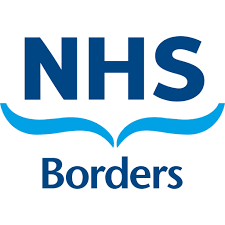NHS Borders promotes a culture that values dignity and privacy of all patients. In addition NHS Borders is committed to ensuring the environment in which care is delivered is one that both patients and staff feel best practice and safety are priorities.
Clinical consultations, examinations, investigations and interventions, particularly those of an intimate nature, can potentially prove distressing for some patients and may result in them feeling vulnerable. In some instances, lack of understanding, on the part of staff, of the religious, racial, cultural or ethnic background of a patient can result in the patient experiencing confusion. It is important staff are also sensitive to the expectations of patients that may be associated with age, gender, sexual orientation or disability.
Staff providing health care and treatment are in a position of responsibility and trust. In situations where examination, investigation or intervention is of an intimate nature, responsibility and trust is crucial in the relationship between the patient and health staff. Giving clear explanation, ensuring consent is obtained and providing as much privacy as possible, is paramount in all situations. In addition, health professionals must ensure appropriate professional boundaries, as outlined by professional and regulatory bodies, are maintained at all times.
Following its report into the conduct of Dr Clifford Ayling, the Committee of Inquiry in 2004 looked into the role of chaperones and made the following recommendations:
- each board should have its own chaperone policy
- an identified managerial lead (with appropriate training)
- family members or friends should not undertake a chaperoning role the presence of a chaperone must be the clear expressed wish of the patient; patients have the right to decline a chaperone
- chaperones should receive training
